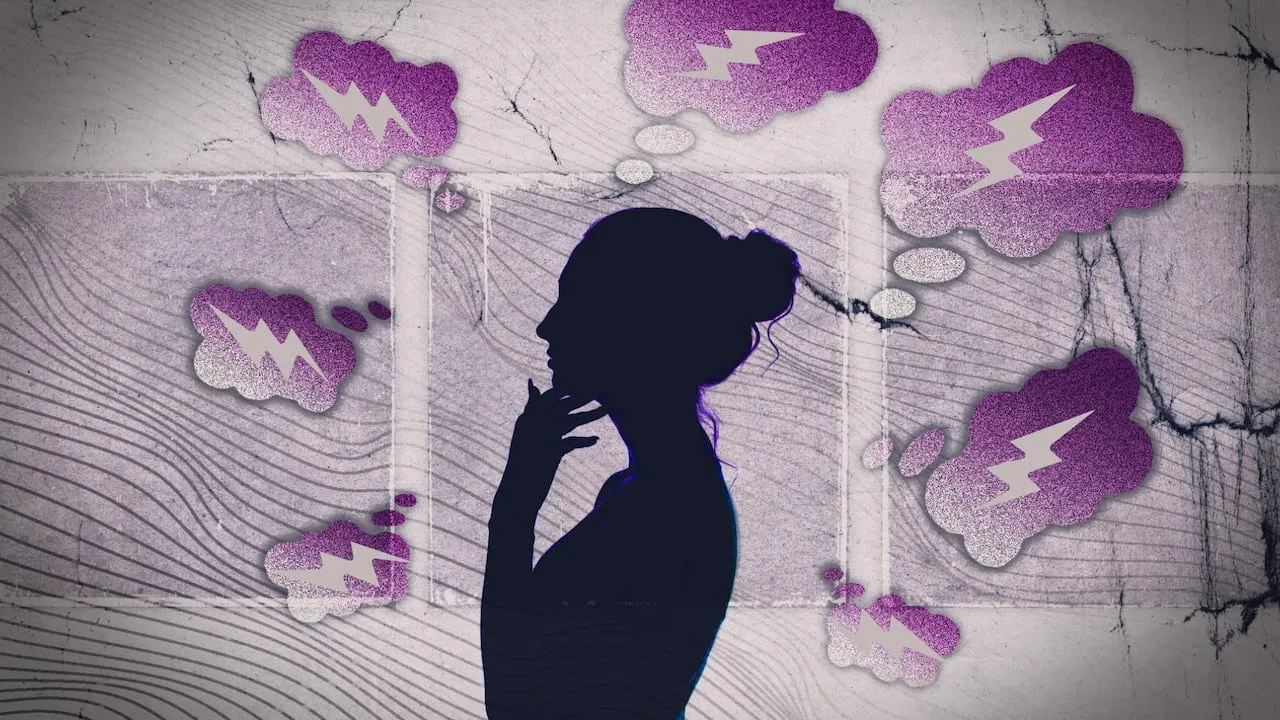OCD Awareness: Insights from Mental Health Professionals on Compulsive Thoughts

Understanding OCD: A Personal Journey
Obsessive Compulsive Disorder (OCD) often manifests in ways that can be challenging to recognize even for seasoned mental health professionals. This discrepancy can lead to a lack of awareness about one's symptoms. OCD involves intrusive thoughts and compulsive behaviors that individuals feel driven to perform.
Recognizing Compulsive Thoughts
For Mariom Ferrer, a social worker in the mental health field, identifying her own compulsive thoughts as indicators of OCD came as a revelation at age 40. This moment of clarity emphasizes the importance of education around mental health, particularly OCD.
Implications for Mental Health Practice
- Increased training and resources for practitioners.
- Encouraging open conversations about mental health issues.
- Highlighting the significance of self-awareness among health professionals.
This article was prepared using information from open sources in accordance with the principles of Ethical Policy. The editorial team is not responsible for absolute accuracy, as it relies on data from the sources referenced.